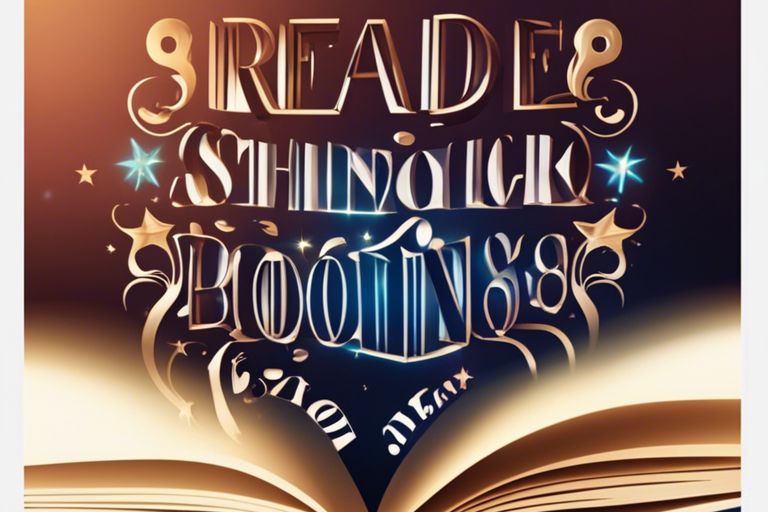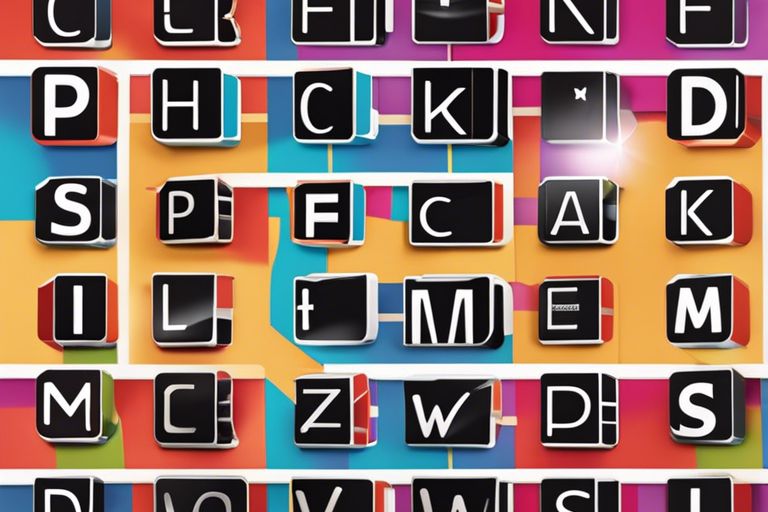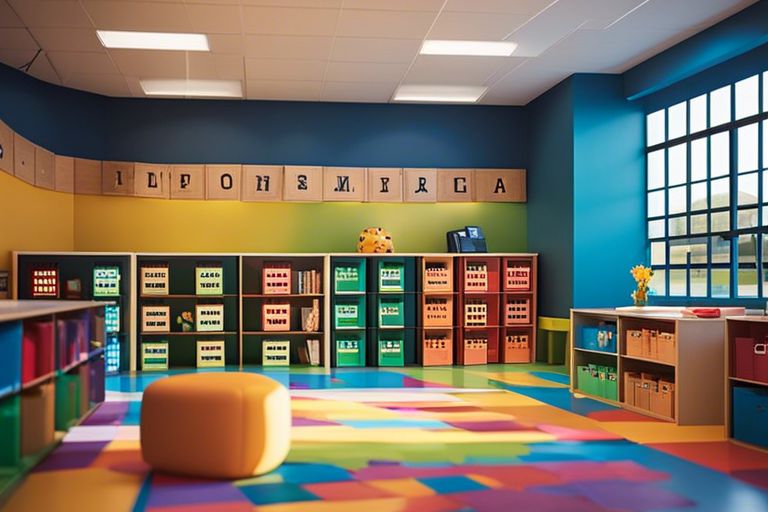
Phonics can be a powerful tool for improving writing skills. Here are some tips for using phonics in writing:
- Teach spelling patterns: Start by teaching students the common spelling patterns in the English language. This will help them to understand how words are constructed and how different sounds are represented by different letter combinations.
- Encourage sound-symbol relationships: Help children understand the relationship between sounds and letters by having them practise spelling words phonetically.
- Provide spelling rules: Provide children with clear spelling rules that they can use to guide their writing.
- Use visual aids: Use visual aids such as posters, charts, and flashcards to help students remember spelling patterns and rules.
- Practise, practise, practise: Provide children with plenty of opportunities to practise their spelling skills. Have them practise spelling words in isolation, in sentences, and in paragraphs. Provide them with feedback and encouragement along the way.
By using these tips, you can help children improve their writing skills using phonics. With practise and consistent effort, your child can become a confident speller and develop a lifelong love of writing.
Resources to support Writing
Phonics Spelling Dictionary
The “Oxford Phonics Spelling Dictionary” is a paperback dictionary designed to help children in their early years of reading and writing. The dictionary includes over 1000 words, arranged alphabetically and divided into simple and complex spellings, making it easy for children to find and understand the words they need.
The dictionary is also phonics-focused, with each word featuring a phonetic guide to help children with pronunciation, as well as useful spelling tips and rules.
Phonics and Spelling Workbook
“Collins Spelling and Phonics (Collins Practice): ages 6-7” is a practice book designed to help children in this age range improve their spelling and phonics skills. The book is aligned with the UK National Curriculum and includes a range of activities and exercises to help children practice and reinforce spelling and phonics rules.
The book covers a range of topics, including phoneme-grapheme correspondence, consonant blends, vowel digraphs, and suffixes.
Phonics Activity Cards
“Play Makes Sense Phonics Activity Cards” is a set of educational cards designed to help children develop their phonics skills, specifically focusing on phase 6 phonics which is typically taught to children between the ages of 5-7.
The cards feature colourful illustrations and clear instructions, making it easy for parents, teachers or caregivers to facilitate the phonics activities. The activities are aligned with the UK National Curriculum and are designed to help children develop their phonics skills through play-based learning.
Reading and Writing Kit
“Read Write Inc.: My Reading and Writing Kit: Early sounds and blending” is an educational kit designed to help children develop their phonics skills, including early sounds and blending. The kit includes a range of resources, including flashcards, a handwriting book, and reading books, all of which are aligned with the UK National Curriculum.
The kit is based on the Read Write Inc. phonics programme, which is a well-regarded and widely-used approach to teaching phonics in schools.
Spelling Flashcards
“Spelling Flashcards for Ages 5-7” is a set of educational flashcards designed to help children improve their spelling skills. The product includes 55 flashcards with common words for children in Key Stage 1 (ages 5-7).
The flashcards feature colourful and engaging pictures that correspond to each word, making it easier for children to learn and remember the spellings.
Spelling Patterns Workbook
“Spelling Patterns and Phonics for Ages 6+” is a book designed to help children improve their spelling and reading skills. The book focuses on teaching children spelling patterns and phonics, which are foundational skills for reading and writing.
The book includes a range of activities and exercises that are aligned with the UK National Curriculum and are designed to be fun and engaging for children. The activities cover a range of spelling patterns and phonics rules, such as digraphs, blends, suffixes, and prefixes.
110 Spelling Flash Cards
“110 Spelling Flash Cards for ages 7-9 (Years 3-4) including spelling games for the National Curriculum” is a set of educational flashcards designed to help children improve their spelling skills. The product includes 110 flashcards with common words and challenging vocabulary for children in Years 3-4 (ages 7-9).
Sentence Building Flashcards
The “CGP Sentence Building Flashcards” are designed to help young children develop their sentence-building skills through the use of flashcards. The CGP brand is well-known for producing educational materials that align with the UK national curriculum. The product is aimed at children in the age range of 5-7 and is designed to help them learn how to build simple sentences.
Picture Homophones Flashcards
“I See, I Spell, I Learn®” is an educational program designed to help children improve their spelling and reading skills. The program uses a multisensory approach to teaching, which involves seeing, hearing, and doing.
The Picture Homophones Flashcards Sets 1 & 2 Combo Pack is a part of this program and contains a set of flashcards that help children learn homophones. Homophones are words that sound the same but have different meanings and spellings. For example, “flower” and “flour” are homophones.
Year 1 Common Exception Words
Common exception words are words in the English language that don’t follow the usual phonetic patterns or spelling rules. They are also called “sight words” because children need to memorise them by sight and cannot decode them using phonics.
This workbook provides children with activities to rehearse reading and writing common exception words as well as letter formation.
Spelling Flashcards
Spelling flashcards are designed to help children improve their spelling skills by providing a visual and interactive way to learn new words and practise spelling them. These flashcards may contain various words that are commonly used in the English language and are appropriate for children aged 7-9 years.























